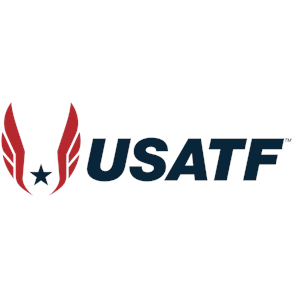Since the women's marathon became an event at the olympics in 1984, 7 of the 31 women who competed for Team USA recorded a DNF: Julie Isphording, Jenny Spangler, Magdalena Lewy-Boulet, Deena Kastor, Des Linden, Aliphine Tuliamuk, and Fiona O'Keeffe.
2 out of those 7 suffered an injury during the race: Julie Isphording's foot collapsed at 10.5 mi and she dropped at 11 mi, and Deena Kastor broke her foot at around 3 mi.
The other 5 of the 7 knowingly started the race injured. Jenny Spangler had pain in her heel starting after the Trials and hid the injury. She ran 8 miles and dropped. Magdalena Lewy-Boulet injured her knee 1 week before the olympic marathon and was "in huge denial leading up to the race." She ran 12 mi and dropped. Des Linden pre-planned her DNF and knowingly started with an injury because she "wanted to get a feel for the race and run a few miles." I couldn't find how many miles that Des ran before dropping. Aliphine Tuliamuk knew that she was not in 100% health pre-race and had suffered a hip injury during training. She ran 10 (or 12 mi--there were conflicting reports) and then dropped. Fiona O'Keeffe per her interview knew she was having issues at a minimum of one week before the race. She ran around 3 mi and dropped.
16% (5/31) of the athletes decided to compete injured. The athletes have a vested interest in competing either because it's their 'life-long dream' to quote Des, or the financial incentives they receive by becoming an olympian. Either way, an athlete cannot make an unbiased assessment of their ability to compete and make the choice that is best for Team USA. I think athletes having the final decision in this is to the detriment of the sport.
16% seems too high to me. I would really like to see a third-party (USATF or otherwise) making the assessment about if an athlete should compete, or if an alternate should get the spot.

